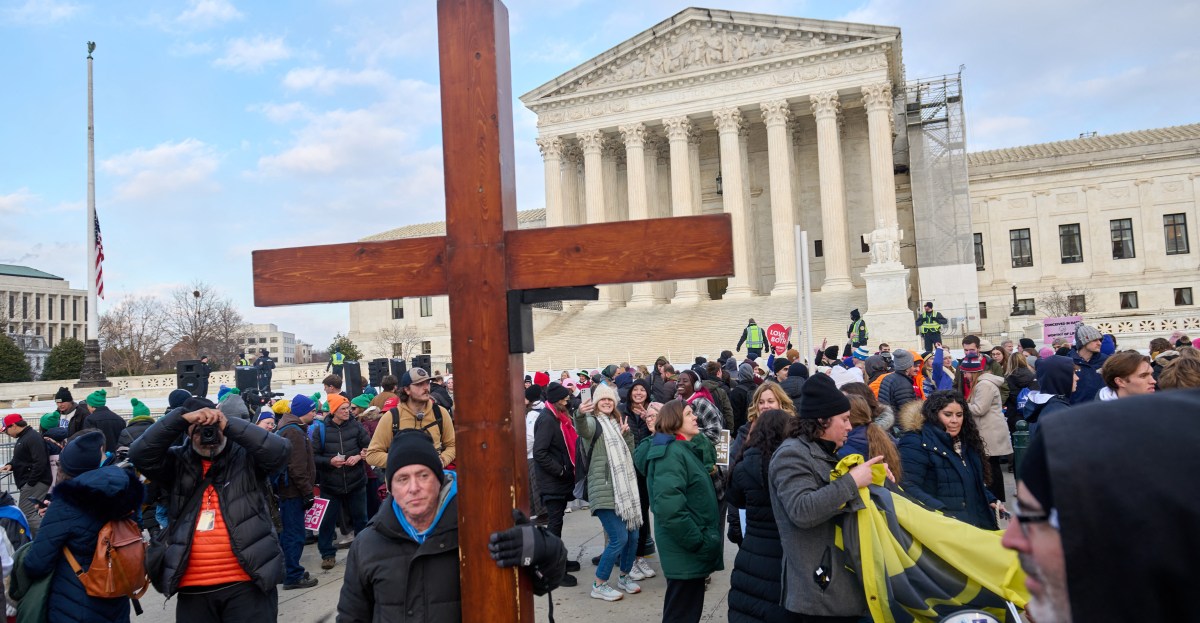Supreme Court Poised: Religious Conservatives' Landmark Legal Triumph

The Supreme Court's Conservative Transformation: A Constitutional Turning Point
The United States Supreme Court is in the midst of a profound ideological shift, with the conservative majority fundamentally reshaping the constitutional landscape through a distinctly Christian conservative lens. This transformation, years in the making, is now reaching its critical culmination, promising to redefine fundamental legal principles and social norms.
Led by a solid 6-3 conservative majority, the Court has systematically dismantled long-standing precedents that once protected secular, pluralistic interpretations of constitutional rights. Recent landmark decisions have increasingly reflected a worldview deeply rooted in conservative Christian theology, signaling a dramatic departure from previous judicial approaches.
Key rulings have dramatically expanded religious freedoms while simultaneously narrowing protections for secular institutions and marginalized communities. From overturning abortion rights in Dobbs v. Jackson to supporting religious institutions in cases involving public funding and anti-discrimination laws, the Court has consistently prioritized conservative Christian perspectives.
This judicial revolution represents more than mere legal interpretation—it's a strategic recalibration of constitutional understanding that threatens to fundamentally alter the relationship between church, state, and individual rights. The conservative justices are not just interpreting the Constitution; they are actively reconstructing its philosophical foundations.
As the Court continues its rightward trajectory, the implications for American democracy and social pluralism grow increasingly significant. The endgame of this constitutional remake promises to reshape the nation's legal and cultural landscape for generations to come.
